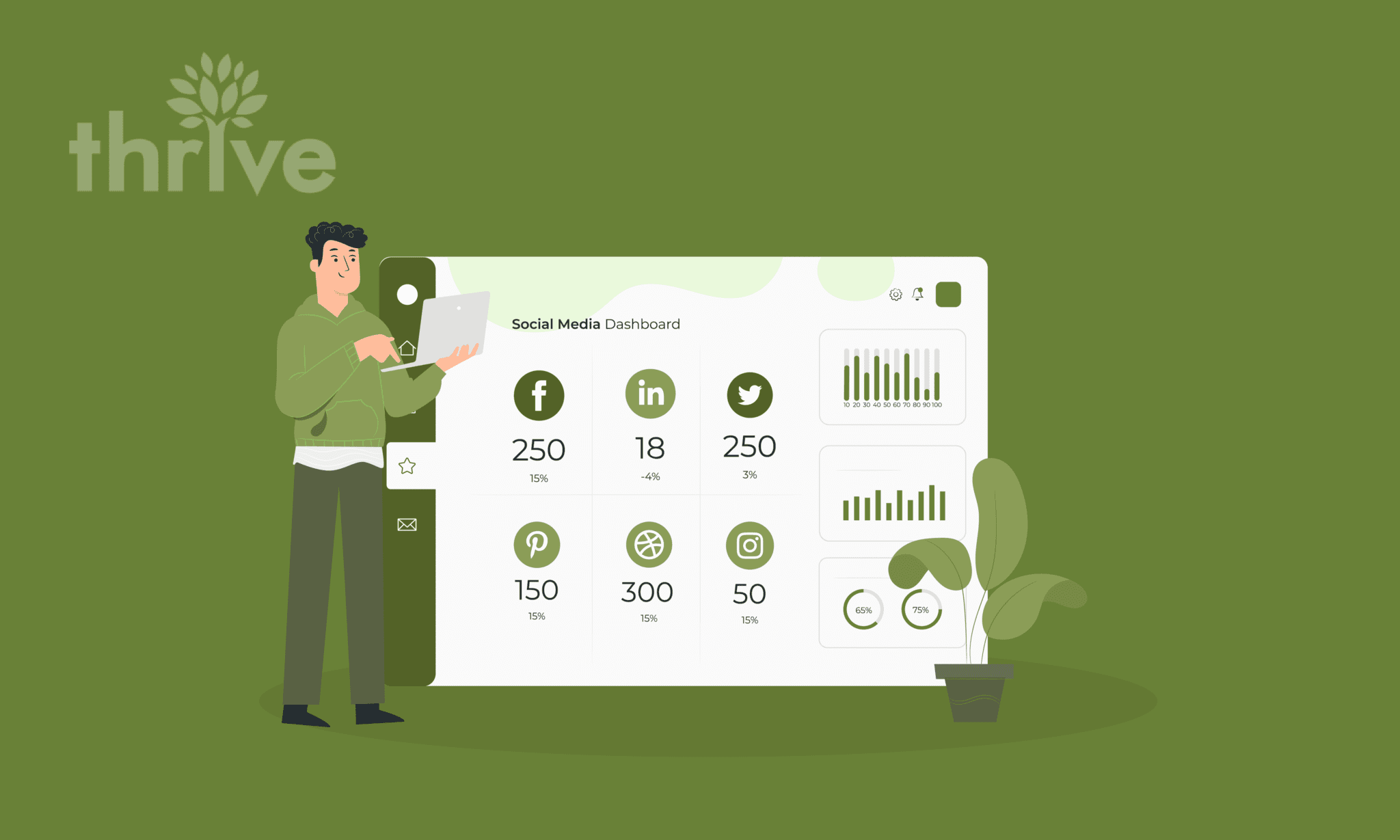Today, there are nearly four billion active social media users. With this figure in mind, it’s no surprise business owners are investing in social media marketing. While this type of digital marketing gives you the leverage to boost your brand presence, you need to ensure your social media marketing strategy is spot on. This is why it’s imperative to measure and calibrate your campaigns.
Knowing how to measure your digital marketing campaigns means you can easily find out which social media marketing strategy works best for your business model. It also allows you to calculate the risks and prepare actionable items accordingly. Just like search engine optimization (SEO) and pay-per-click campaigns, your social media marketing activities should be ongoing.
Bear in mind that each social media platform is unique with specific metrics. As a business owner and marketer, it’s essential to identify key performance indicators (KPI) for your social media marketing strategy.
Social Media Marketing KPIs
Before we discuss the important steps to take to measure your social media marketing, it helps to know the basic KPIs you should monitor. Doing so gives you an idea of how to set measurable and realistic goals. Take note that these indicators vary depending on the social media marketing platform you’re monitoring, but these usually include the following:
• Clicks – Post clicks are reflective of the compelling titles and images you have used to engage your audience and new visitors. When your post has generated more clicks but few likes and shares, this could mean you have your visitor’s attention but the content hasn’t delivered the necessary value for the audience to engage.
• Likes – Likes or other post reactions create more engagement. This means your followers naturally gravitate towards your posts. Having more post likes also boosts your visibility in specific social media channels. It can eventually increase your followers.
• Shares – Similar to post likes, “shares” can also boost engagement. When someone shares your post or retweets your status, they are likely recommending your products or services to others. This can be a good indication of quality social media content.
• Comments – This is one of the strongest KPIs in social media marketing. When people leave comments on your post, this means your content is effective. As a social media marketer, one of the goals is to spark meaningful conversation. No matter the nature of the message, a comment shows the effectiveness of your post.
These are the four major KPIs in social media marketing campaigns. Other important items to monitor include brand mentions, profile visits, active followers, traffic data and impressions.
Key Pointers When Measuring Your Social Media Marketing Strategy
As mentioned, measuring your social media marketing strategy is crucial for your business. In a study conducted by Social Media Examiner, 97 percent of startups and small businesses use social media to promote their products and services. However, 85 percent have failed due to wrong expectations and inconsistent strategies. Knowing how to gauge the effectiveness of your campaigns can help resolve these hurdles.
Here are some ways to measure your social media marketing strategy:
• Revisit Your Goals
Since your social media marketing strategy is designed to meet your business goals, your first step is to reevaluate them. It’s impossible to get accurate results if you don’t have clear objectives. Setting goals gives you an overview of the workflow and project scope. Take another look at your objectives. Your goals should be specific, measurable, achievable, realistic and timely (SMART).
Remember, you can use social media platforms in several ways. Create a list of what you want to accomplish from your marketing efforts. Build your persona so you stay consistent with your brand and voice.
• Equip yourself With the Right Tools
With the right digital marketing tools and software, you can easily track your progress. Familiarize yourself with the different social media tools available. Learn about its features and how these can help your business. One of the perks of digital marketing technology is you can derive accurate data and glean useful information about your marketing activities.
Here are some of the recommended tools that help you measure your social media marketing strategy:
– Unbox Social
– Mention
– Hootsuite
– Keyhole
– TweetReach
– Tailwind
– Brand24
– Zoho Social
– Buffer
– Sprout Social
• Create your Own Metrics
Together with the basic KPIs, you should create your own metrics to help you measure your social media marketing strategy. Make sure each item is aligned to your goals. For example, if you measure brand awareness, use metrics like volume or reach. If your goal is to generate traffic to your website, you should monitor URL shares, clicks and conversions.
• Measure
Once you have determined the key metrics, you can easily measure your campaigns using the right tools. As much as possible, utilize tools that provide real-time data. Gather the numbers and provide short descriptions of your initial findings. Make sure to organize your data. This will help simplify your reporting. If you see any discrepancies you can run the numbers again.
• Monitor and Report
When creating a report, make sure to set benchmarks and other substantial information for future measurement. In addition, the report should provide clear conclusions about whether you have reached your goal or not. You should also prepare actionable solutions for improving your campaigns.
Final Words
Social media marketing requires consistency. Take note that digital marketing dynamics constantly change. Make it a habit to assess your measurement program. Observe how the metrics you’ve provided can help with your long-term success. Again, this should be part of your social media marketing strategy. Keep in mind that there’s always room for improvement.
Knowing how to gauge the effectiveness of your social media campaigns also helps your overall business operations. This should create opportunities to develop your products and services. It also reduces costs as it provides you with the much-needed information to create a conversion-driven social media marketing strategy.

